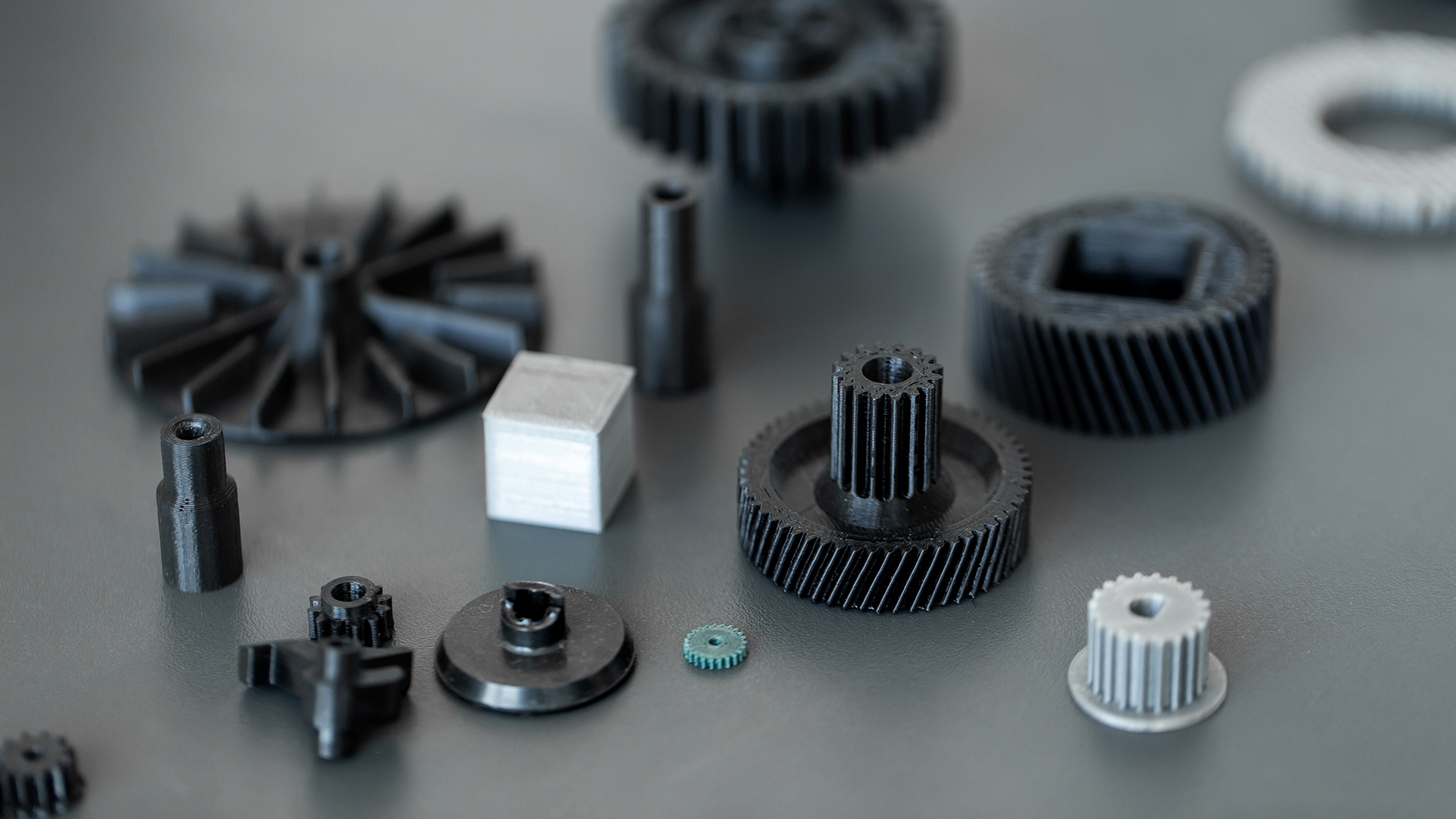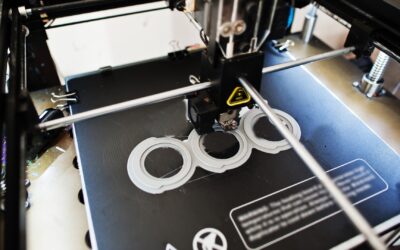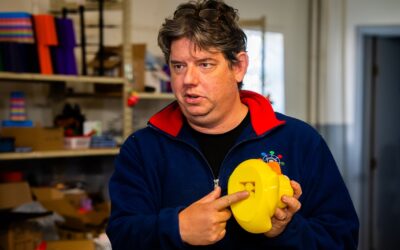The use of plastics for mass production traces its roots to the 1860s and John Wesley Hyatt, a printer from Albany, New York. Hyatt was responding to the offer of a $10,000 reward to anyone who could come up with an alternative way of making billiard balls—which were, in those days, carved out of ivory, a commodity becoming in short supply. His solution was to form them by pumping a molten synthetic plastic called celluloid into a mould.
Although Hyatt appears never to have received the prize, the process he invented, injection moulding, became the way in which most plastic items are made. At least they were until the emergence in the early 1980s of additive manufacturing, popularly known as 3d printing. Machines that can print things in plastic have become ever more capable, turning out objects ranging from toys to medical implants, and components for cars, drones and aircraft.
Read more here.
The Economist is a British weekly newspaper printed in demitab format and published digitally that focuses on current affairs, international business, politics, technology, and culture. Based in London, the newspaper is owned by The Economist Group, with core editorial offices in the United States, as well as across major cities in continental Europe, Asia, and the Middle East. In 2019, its average global print circulation was over 909,476; this, combined with its digital presence, runs to over 1.6 million. Across its social media platforms, it reaches an audience of 35 million, as of 2016. The newspaper has a prominent focus on data journalism and analysis over original reporting, to both criticism and acclaim.




